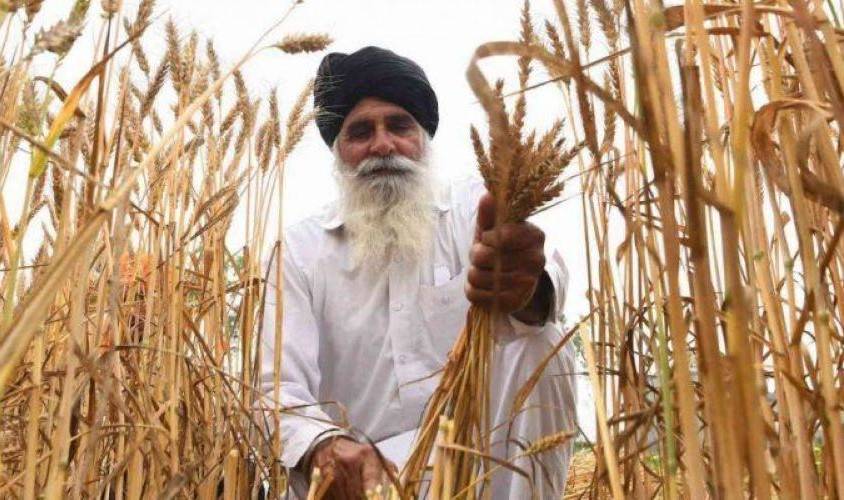
One of the department officials claimed on the condition of anonymity that the audit by the Punjab finance department into the machines meant for in-situ (mixing paddy straw into the soil as enriching nutrients) supervision of paddy stubble which was missing has found that all the machines have bills and were surrendered to the farmers on subsidy following sufficient methods.
Out of the 90,000 machines given to the farmers during the past four years, from 2018 to 2021, at least 11,000 were found missing and the financial loss was estimated at 140 crores. The state government decided to hand over the matter to the finance department in August last year so that they could track and monitor the subsidy disbursal, while the agriculture department was to physically inspect the machines given to beneficiaries
The state agriculture department apparently received a request for a report from the enforcement directorate earlier in April after the directorate took note of the stolen machinery. The machines were given a subsidy of ₹1,145 crores that the Centre released during the specified period, which led to ED's scrutiny.
The above-quoted finance department official who was in the audit team said that the audit involved cross-checking bills issued by the machines sellers and matching them with the disbursal of subsidy released.
No gap has been found; physical cross-checking of every machine was however difficult for the finance department, he said. In Mohali, a finance department team was also deployed at the agriculture department headquarters for the past three months to manage the audits.
At least 90,000 machines, including the super straw-management system, super-seeders, happy-seeders, reversible ploughs, paddy-straw choppers, zero-till drills, rakes, balers, and smart-seeders, shrub master, and crop-reapers, spatial-seed drills, and self-propelled reaper-cum-binders were supplied in Punjab to the farmers on subsidy between 2018 and 2021 to mix paddy stubble into the soil (in-situ management).
The state agriculture department decided to refer the issue to the vigilance bureau after ED raised it; but, fearing retaliation from the farmers, a potent pressure group in the state, it was decided to hand over the issue to FD for an audit.
In 2019, the matter had first come to the fore when it was found that the supply of machines to at least three dozen custom-hiring centres remained only in the documents. Individual farmers received a 50% subsidy, whilst agricultural societies at the village level and other custom-hiring facilities received an 80% subsidy per machine.
















